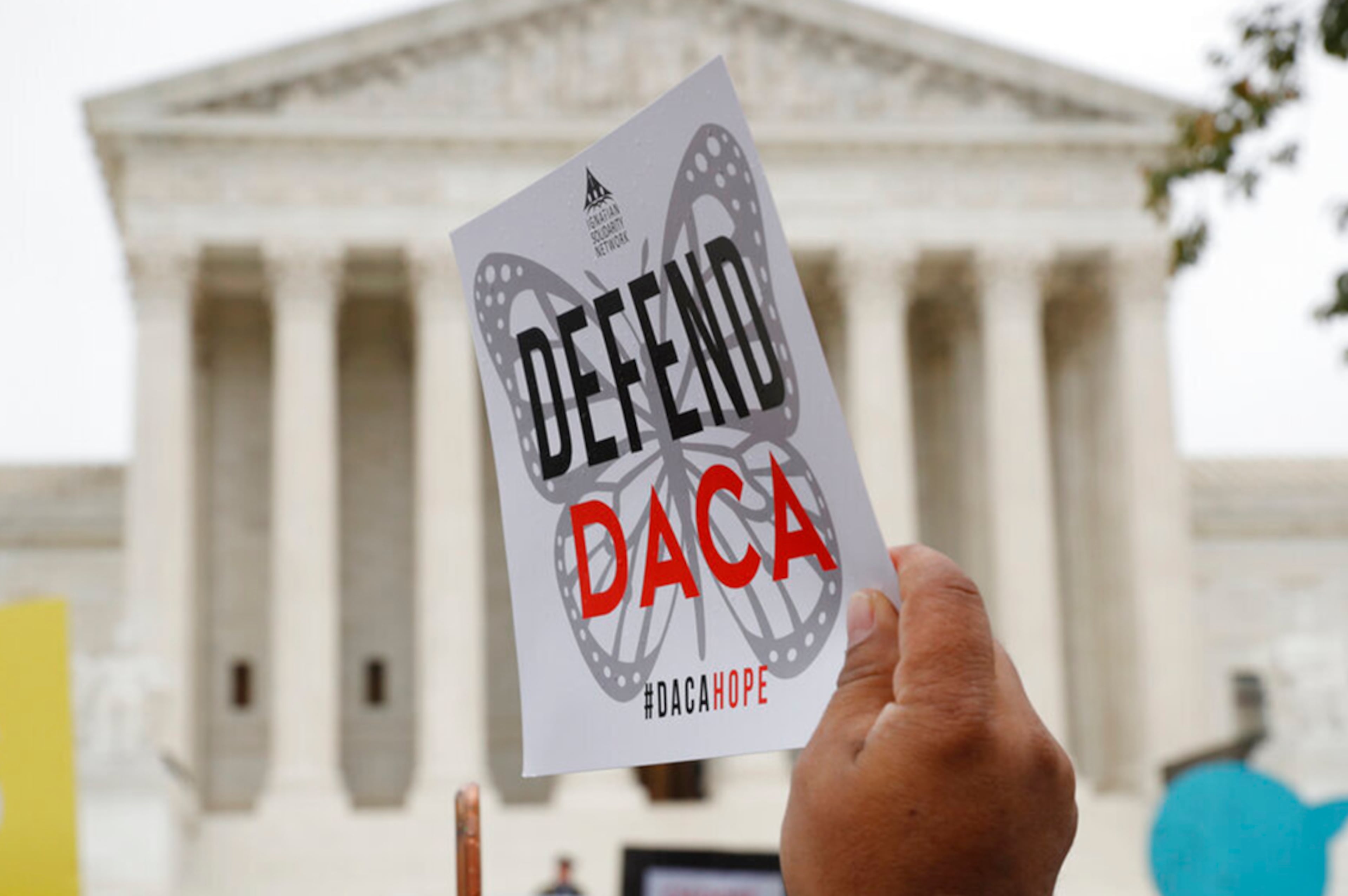Taxing the other smoke: Pollution
As Georgia faces a gaping budget shortfall of over $1 billion, state lawmakers must find ways to raise revenue as well as cut expenses.
Nobody likes to pay taxes. Economists do not like taxes because they distort the economy. They make businesses less productive and give consumers less for their dollar. The math is simple: Taxing the good things the economy produces equals less of the good things in life.
That’s why when taxes are a necessary evil, it is better to tax bad things. Along these lines, lawmakers are currently debating an increase in the tobacco tax. We suggest taxing the other smoke as well: pollution. Georgia lawmakers should consider raising the tax on gasoline.
The United States has the lowest gasoline taxes in the industrialized world, and Georgia has one of the lowest state gas taxes rates in the U.S. Even a five-cent increase in the gas tax could raise about $330 million per year, helping to closing the short-run budget gap. In the long run, it could provide an opportunity to cut other taxes that fall on more productive parts of the economy.
Raising the gas tax would have other advantages. First, some of the revenue would come right from the pockets of oil exporters, primarily OPEC nations, some of which support terrorism and other actions hostile to the U.S.
With a higher gas tax, people will have an incentive to drive less and drive more fuel-efficient cars. This will reduce the demand for foreign oil and further reduces the money going to OPEC. Even better, it can help insulate our economy from oil shocks, which are sure to come in the future just as they have in the past. In this way, the gas tax can actually make our economy more resilient and more efficient, not less efficient as other taxes do.
Second, when we burn less gasoline, we also produce less pollution. Whatever one’s opinion of global warming, we all recognize the smog that plagues Atlanta and much of Georgia. This pollution causes asthma attacks and contributes to deaths from heart and lung disease. Reducing this pollution will improve health and the quality of life for Georgians.
Twenty-eight counties in Georgia have pollution levels that exceed federal air pollution standards. As a consequence, industrial development in these areas is limited. By helping these counties come back into compliance with federal standards, the gas tax creates opportunities for business expansion. Another win for our economy.
Finally, when we reduce driving and the number of cars on the road, we also reduce congestion and car accidents. The average Atlantan, for example, spends 60 hours a year stuck in traffic. By helping reduce this congestion, the gas tax can help free up our time for more productive uses. Yet another win.
In a recent review of the benefits and costs of gasoline taxes published in a prestigious academic journal, economists calculated that to maximize economic efficiency, the U.S. gas tax should be $1.01. Tweaking their model for Georgia implies an optimal tax of about 80 cents. Currently, combined federal and state taxes in Georgia are about 42 cents. That leaves room for raising the tax by 38 cents.
While we do not advocate a hike this big, these estimates underscore the fact that increasing the gas tax is a step in the right direction.
The late conservative William F. Buckley Jr. understood this fact when he called for a massive hike in the gas tax so Americans paid the full price of consumption. A few years later, Ronald Reagan increased the federal gas tax by five cents.
It’s time to do it in Georgia, too.
Spencer Banzhaf and Paul Ferraro are associate professors of economics in the Andrew Young School of Policy Studies at Georgia State University.

